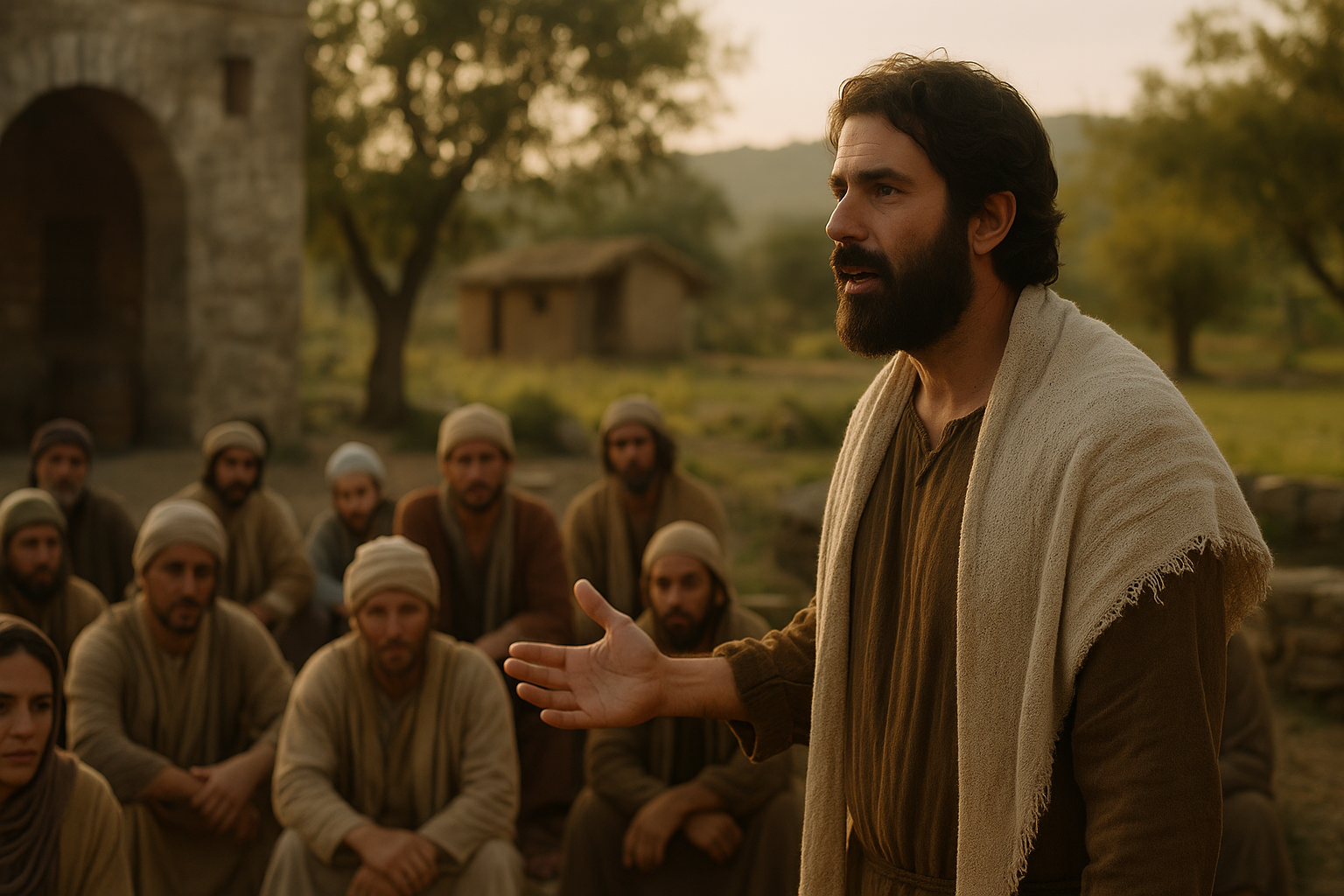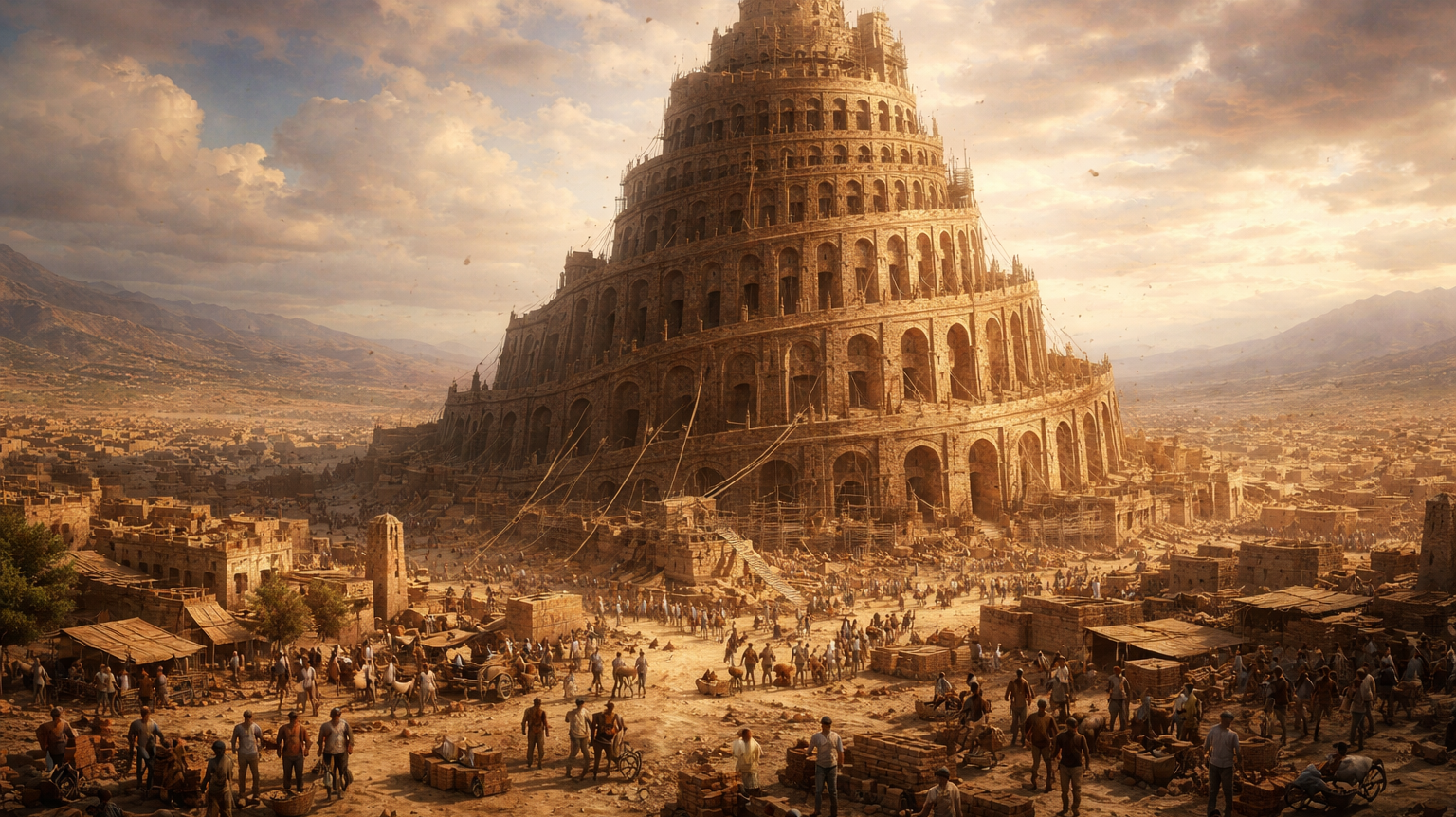The Book of Malachi is the last book of the Old Testament and holds a unique place in the Bible. It bridges the gap between the prophets of Israel and the coming of Christ in the New Testament. Written as a direct message from God, it calls His people to repentance, faithfulness, and preparation for the Messiah.
1. Malachi Is the Last Book of the Old Testament
Malachi closes the Old Testament canon and prepares the way for the New Testament. After Malachi, there was about 400 years of silence before the birth of Christ.
Behold, I will send you Elijah the prophet before the coming of the great and dreadful day of the Lord. — Malachi 4:5
2. The Author’s Name Means “My Messenger”
The name Malachi means “my messenger” in Hebrew. Some scholars debate if Malachi was a proper name or a title for an unnamed prophet delivering God’s message.
The burden of the word of the Lord to Israel by Malachi. — Malachi 1:1
3. Malachi Confronts Israel’s Corrupt Priests
The prophet strongly rebuked the priests for dishonoring God through polluted sacrifices and hypocrisy. He reminded them of their responsibility to uphold truth.
For the lips of a priest should keep knowledge, and people should seek the law from his mouth; for he is the messenger of the Lord of hosts. — Malachi 2:7
4. The People Were Guilty of Halfhearted Worship
God rebuked Israel for offering blind and lame animals, showing that they did not respect His holiness.
You offer defiled food on My altar, but say, ‘In what way have we defiled You?’ — Malachi 1:7
5. Malachi Addresses Broken Marriages
The prophet spoke against divorce and unfaithfulness in marriage, stressing the importance of covenant faithfulness.
For the Lord God of Israel says that He hates divorce, for it covers one’s garment with violence. — Malachi 2:16
6. The People Questioned God’s Justice
The Israelites complained that evildoers prospered, but Malachi reminded them that God sees all and a day of judgment was coming.
You have wearied the Lord with your words… you say, ‘Where is the God of justice?’ — Malachi 2:17
7. The Famous Passage on Tithing Comes from Malachi
Malachi contains one of the most well-known teachings about tithing, where God challenges His people to trust Him with their giving.
Bring all the tithes into the storehouse… and try Me now in this, says the Lord of hosts, if I will not open for you the windows of heaven and pour out for you such blessing. — Malachi 3:10
8. Malachi Prophesies the Coming of John the Baptist
The prophet foretells the coming of a messenger who would prepare the way for the Lord, later fulfilled in John the Baptist.
Behold, I send My messenger, and he will prepare the way before Me. — Malachi 3:1
9. Malachi Points to the Messiah
Malachi speaks of the “Sun of Righteousness” who would rise with healing in His wings, a prophecy pointing to Christ.
But to you who fear My name the Sun of Righteousness shall arise with healing in His wings. — Malachi 4:2
10. Malachi Ends with a Call to Remember the Law
The book closes by urging God’s people to remember the law of Moses while waiting for the coming of the prophet Elijah and ultimately, the Messiah.
Remember the Law of Moses, My servant… — Malachi 4:4
Behold, I will send you Elijah the prophet before the coming of the great and dreadful day of the Lord. — Malachi 4:5
Summary Table of Key Themes in Malachi
| Fact | Theme | Reference |
|---|---|---|
| 1 | Last book of Old Testament | Malachi 4:5 |
| 2 | Name means “My Messenger” | Malachi 1:1 |
| 3 | Rebuke of corrupt priests | Malachi 2:7 |
| 4 | Halfhearted worship condemned | Malachi 1:7 |
| 5 | Warning against divorce | Malachi 2:16 |
| 6 | God’s justice questioned | Malachi 2:17 |
| 7 | Teaching on tithing | Malachi 3:10 |
| 8 | Prophecy of John the Baptist | Malachi 3:1 |
| 9 | Prophecy of the Messiah | Malachi 4:2 |
| 10 | Reminder of Moses’ law | Malachi 4:4–5 |
























